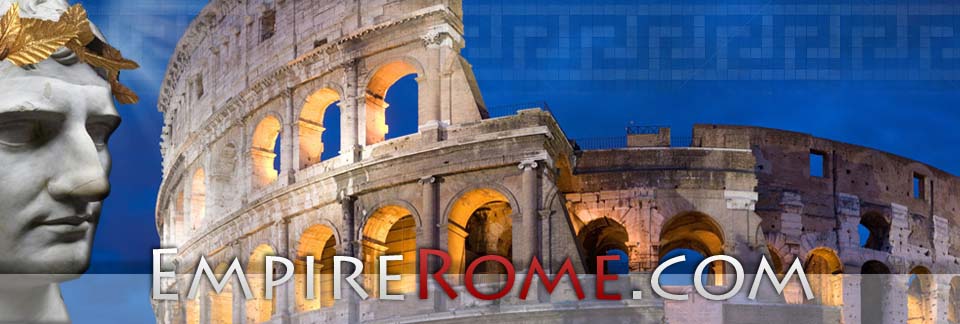The first belief system of Ancient Rome was partially influenced by the Ancient people of Italy which had further influences from the Ancient Etruscans and Ancient Greeks. As the Ancient Roman Empire grew, their religious beliefs became a melting pot of other cultural gods and deities. However, long before the actual rise of Ancient Rome and establishment of state gods and worship, the home was looked upon as a sacred place for Ancient Roman religion and worship. Ancient Roman Religion was practiced according to century old traditions, home worship, family rituals, and community practices that were pagan based. These Ancient Roman practices also placed heavy importance on the worship of the earth, sun, sky, and the sea. Because the elements brought life and sustenance to their families, it was critical that these spirits and gods be honored. Ancient Roman religion thrived as new influences and growth fell upon the empire.
Ancestor Worship
Traditional Ancient Roman Religion was heavily rooted in ancestor worship. Pictures, statues, busts, and death masks were kept in the home and Ancient Romans looked to these deceased family members for advice and approval. Ancestral spirits were thought to have some influence on their living relatives’ lives. It was believed that during ancestor worship that spirits of the dead would return when being honored by family cults. Many other civilizations at the time practiced similar ancestor worship like the Ancient Egyptians, Ancient Tribes of Africa, and Ancient Greeks. Dead ancestors were incorporated in to family life as if they were alive. The Ancient Romans used their prominent family members as examples to be modeled after.
Ancestor worship was practiced among all social classes of the Ancient Roman Empire. Like with any social class, the amount of money a family could afford to pay out, determined how many items they could have custom-made to represent or display their beloved ancestors. Noble Ancient Roman families were usually the Romans who could afford these luxuries for their dead ancestors. They would display ancestor images, busts, and funeral masks in the atrium of their home. Generally these items came from the actual funerals and ceremonies that occurred during the journey to the ancestor’s final resting place. Ancestor worship stayed an important part of the Ancient Roman Religion until the end of the empire. Ancestor worship is still a practice that occurs today in many cultures around the world.
Household Gods and Deities
Honoring and worshiping the gods was an essential part of Ancient Roman daily life. Time was set aside each day to worship and honor the gods. The Ancient Romans knew that the gods controlled everything and feared their wrath if mortals displeased them. Each home had a household god and Ancient Romans kept a small shrine or an entire room dedicated to honoring these gods and spirits. In addition, the Ancient Romans had several other deities and gods that looked over their land and sacred spaces. Honoring the household god ensured that the Ancient Romans responsibilities around the house progressed efficiently and that the family was protected. The home and the land it was built on were sacred places to the Ancient Romans as this was ingrained from ancestral practices.

